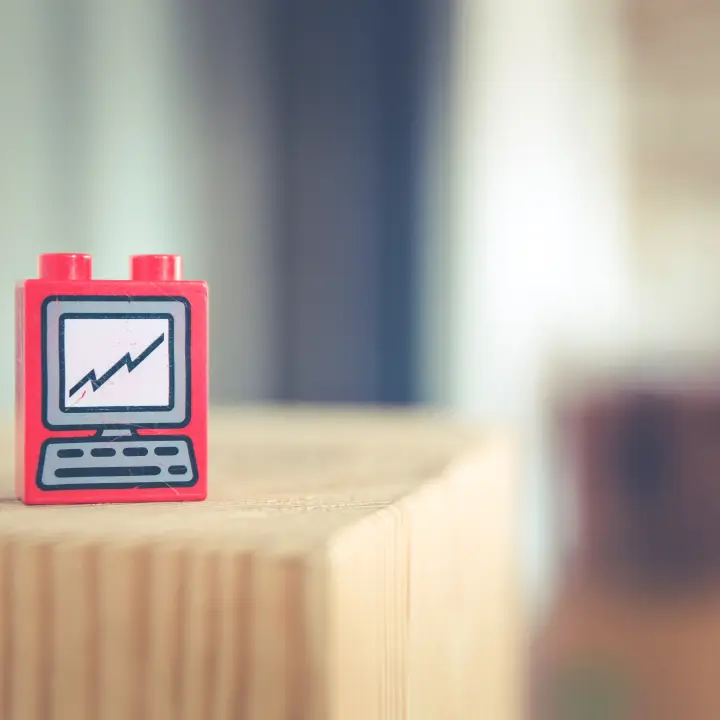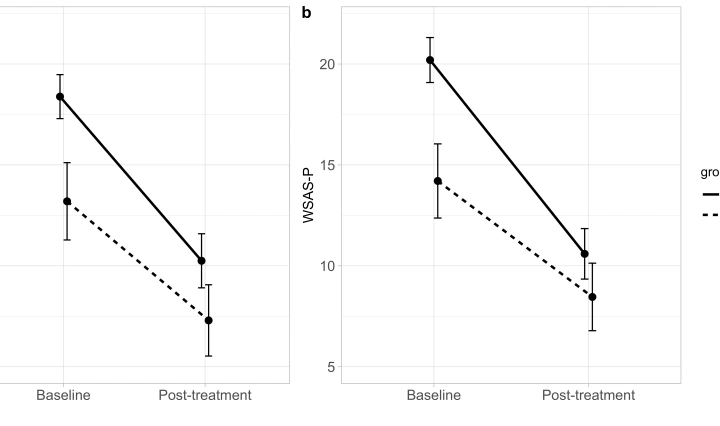Cambridge University Press just released a comprehensive book on new interventions for anxiety, OCD and PTSD, Edited by Lara J. Farrell, Griffith University, Queensland , Thomas H. Ollendick, Virginia Polytechnic Institute and State University , Peter Muris, Universiteit Maastricht, Netherlands. Anxiety, obsessive compulsive disorder (OCD) and post-traumatic stress disorder (PTSD) are amongst the most prevalent disorders in childhood and cause major suffering and impairment if not effectively diagnosed and treated. This book highlights advances in technology and neuroscience that improve the access and outcomes for young people suffering from anxiety disorders, OCD or PTSD. In Part II – OCD, you cand read a contribution of Kristina Aspvall, David … Continue reading Book release: “Innovations in CBT for Childhood Anxiety, OCD, and PTSD”







